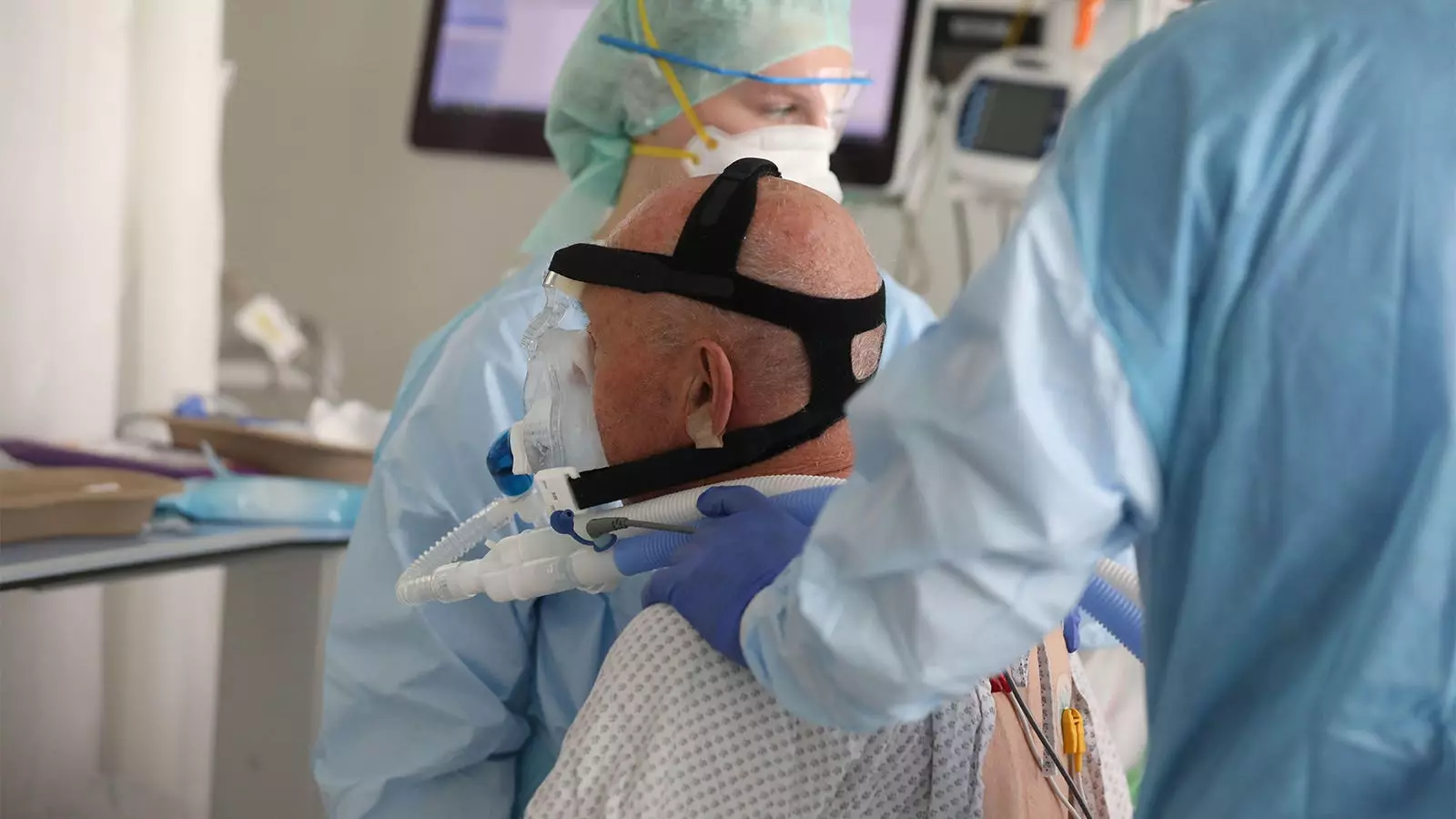The relationship between obstructive sleep apnea (OSA) and COVID-19 treatment outcomes has been a topic of interest, with a recent study shedding light on this connection. This retrospective study, conducted by Bharati Prasad, MD, MS, and colleagues at the University of Illinois at Chicago, explored the impact of OSA on the use of non-invasive ventilation (NIV) among hospitalized veterans with COVID-19. The study also examined how booster vaccination affected the treatment outcomes in this patient population.
The findings of the study revealed that hospitalized COVID-19 patients with OSA were more likely to require NIV compared to those without OSA. While univariate analysis initially showed higher odds of low- and high-flow oxygen use, NIV, and mechanical ventilation in patients with OSA, only the association with NIV remained significant after adjusting for potential confounders. This highlights the potential impact of OSA on the respiratory outcomes of COVID-19 patients.
Interestingly, the study also found that a booster dose of the COVID vaccine was associated with a decreased likelihood of NIV and mechanical ventilation in the hospitalized patients. This protective effect of booster vaccination applied to both patients with and without OSA, suggesting that vaccination plays a crucial role in mitigating the progression of acute respiratory failure in COVID-19 patients, particularly in older and diverse populations with comorbidities.
Previous research has established a link between OSA and higher rates of COVID-19 infection, hospitalization, and long COVID. The chronic intermittent hypoxia and systemic inflammation associated with OSA may exacerbate the severity of COVID-19, impacting the initial infection and recovery process. The study by Prasad and colleagues adds to this body of evidence by demonstrating the influence of OSA on the respiratory outcomes of COVID-19 patients.
Despite the valuable findings of the study, there are certain limitations that need to be acknowledged. The lack of quantitative data on OSA severity and PAP device usage, as well as incomplete vaccination records, poses challenges in fully understanding the impact of OSA on COVID-19 treatment outcomes. Additionally, the complex nature of OSA and its interaction with various comorbidities and behaviors make it challenging to account for all confounding factors in the analysis.
The study by Prasad et al. highlights the importance of considering obstructive sleep apnea as a factor that may influence the respiratory outcomes of COVID-19 patients. The findings suggest that OSA is associated with a higher likelihood of requiring non-invasive ventilation in hospitalized COVID-19 patients. Moreover, booster vaccination plays a crucial role in reducing the need for mechanical ventilation and NIV, regardless of the OSA status of the patients. Moving forward, further research is needed to explore the mechanisms underlying the association between OSA and COVID-19 treatment outcomes and to develop targeted interventions to improve the care of patients with OSA and COVID-19.

Leave a Reply